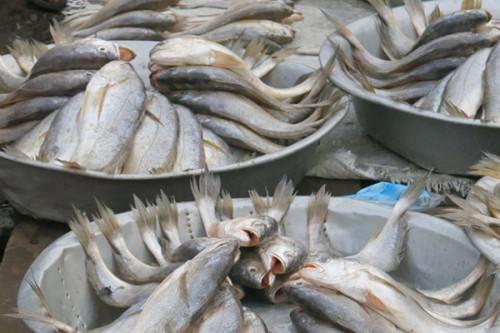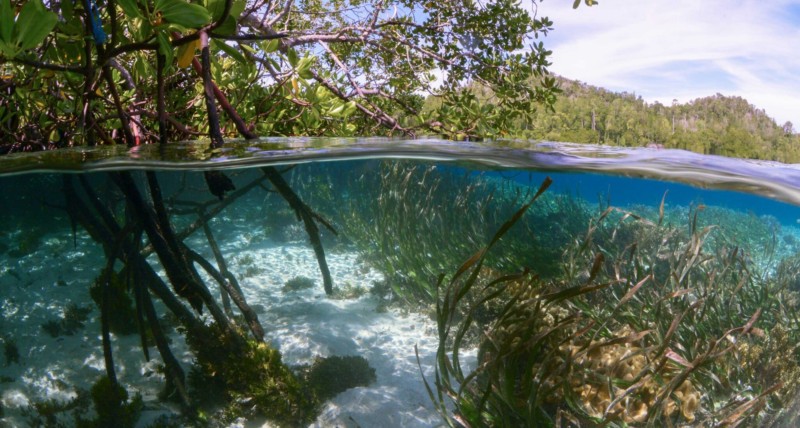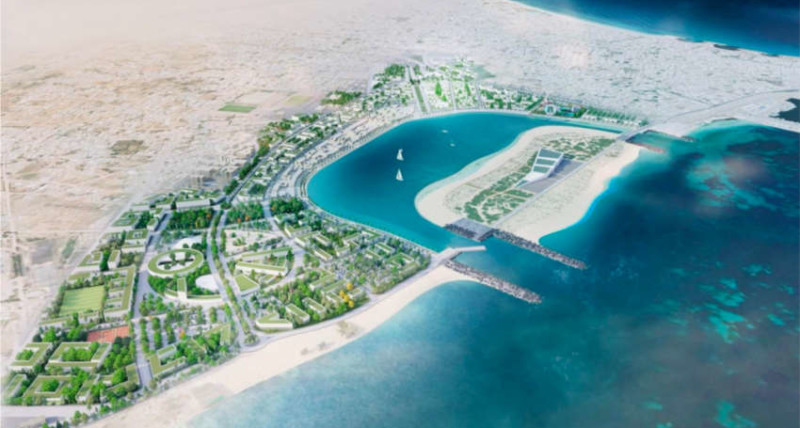(Business in Cameroon) – The city of Douala will host, from March 20 to 23, the 3rd edition of the fish festival. Called “NdemaLaSue”, the event is organized by Sphinge, a consulting and marketing engineering firm for SMEs, in partnership with the town hall of the city of Douala and the Chamber of Agriculture, Fisheries, Livestock and Forests of Cameroon (Capef) under the theme: “Let’s consume fish 237. Taste. Quality. Price « . The objective is “to boost the consumption of local fish to raise a competitive national offer of table fish products (fish, shellfish and seafood), and thus release the potential of the sector”, according to the promoters.
Beyond celebrating fishermen and processors and highlighting research innovations and the talents of Cameroonian chefs, this national meeting around fish and table fishing resources in Cameroon aims to be a privileged space for debates and exchanges to provide concrete solutions around the challenges of the sector thanks to master classes, practical workshops and culinary competitions. One of its problems is the marketing of fish from local production, which suffers from its absence on the market.
“The problem of the availability of local fish covers several other challenges that absolutely must be addressed: the challenge of logistics, the challenge of the cold chain, the challenge of the seasonality of species and even the challenge of marsh weather . The festival takes these concerns head-on, notably through the master classes and workshops which ensure the fields on which we, the Doualais (residents of Douala, Editor’s note), and all the actors of the fish ecosystem we can act,” declares Metchum Tayou, general delegate of this event.
The festival will therefore place particular emphasis on respecting the cold chain. “To make fish, which is an extraordinarily perishable food, available, we must be able to have guarantees that the cold chain will be maintained. How can this be done in an environment of under-equipment and where the energy supply is not dense? Experts will explain to us the possible solutions that we could have on this subject, through a master class led by the Association of Refrigeration Engineers of Cameroon,” says the general delegate of this event. A digital platform dedicated to discussions on the intelligent and integrated management of production factors, transformation and access to markets thanks to digital technologies will be presented during this festival, we learn.
Fish consumption provides almost half of Cameroonians’ animal protein intake. But there is a downside: almost half of the fish consumed is imported. According to the Competitiveness Committee, a specialized body of the Ministry of the Economy, Cameroon imported 241,798 tonnes of fish in 2022 to Cameroon. This, in order to supplement insufficient production which peaked at 233,100 tonnes that year, while national demand is estimated at 500,000 tonnes per year. The government has initiated several projects in the field of aquaculture to boost national production and therefore ensure better visibility for locally produced fish.




